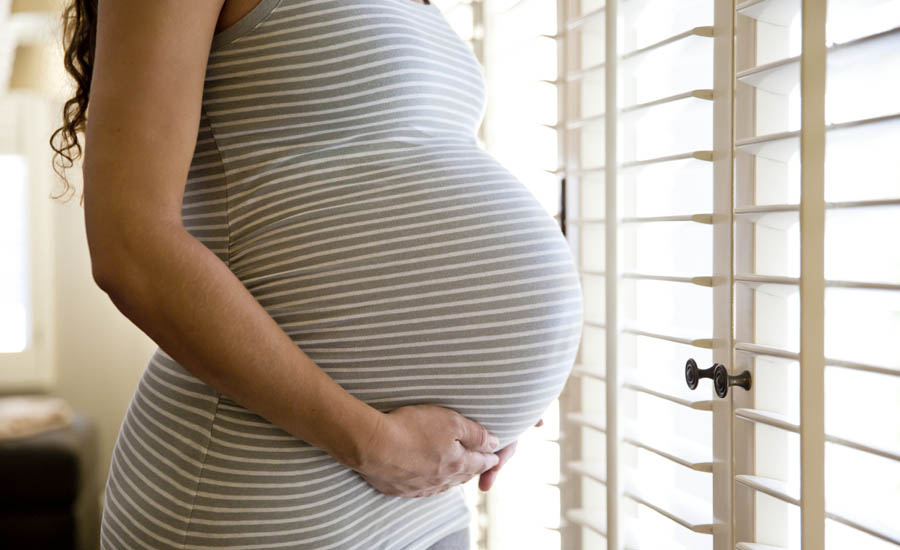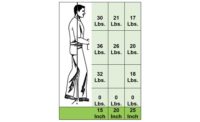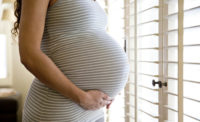Shift work and heavy lifting may reduce women’s fertility

A physically demanding job or work schedules outside normal office hours may lower a woman's ability to conceive, suggests research published in Occupational & Environmental Medicine. Researchers say women who work nights and irregular shifts have fewer eggs capable of developing into healthy embryos than those who keep regular daytime hours.
The study, which involved two groups of women undergoing in vitro fertilization (IVF), examined egg quality among 313 women who had completed one IVF cycle as well as the total number of eggs in the ovaries of 473 women at a fertility clinic.
There was also a reduction of around 15 per cent in the number of eggs ready for fertilisation in women with jobs requiring heavy lifting, including nurses.
Co-author Audrey Gaskins said shift work could cause a reduction in fertility through “disruption in circadian rhythm that’s affecting normal hormone production and menstrual cycling, particularly for women who switch between day and night time work”.
She said it was difficult to say why jobs involving heavy lifting might reduce fertility, but suggested the body’s response to repetitive physical stress could affect a woman’s ability to produce good-quality eggs.
The participants, who had an average age of 35, were part of an ongoing Harvard study looking at the factors that might affect fertility called Environment and Reproductive Health (EARTH), which started in 2004.
Sources: The Independent, ScienceDaily
European Trade Union Institute (ETUI)
Further reading:
Looking for a reprint of this article?
From high-res PDFs to custom plaques, order your copy today!





